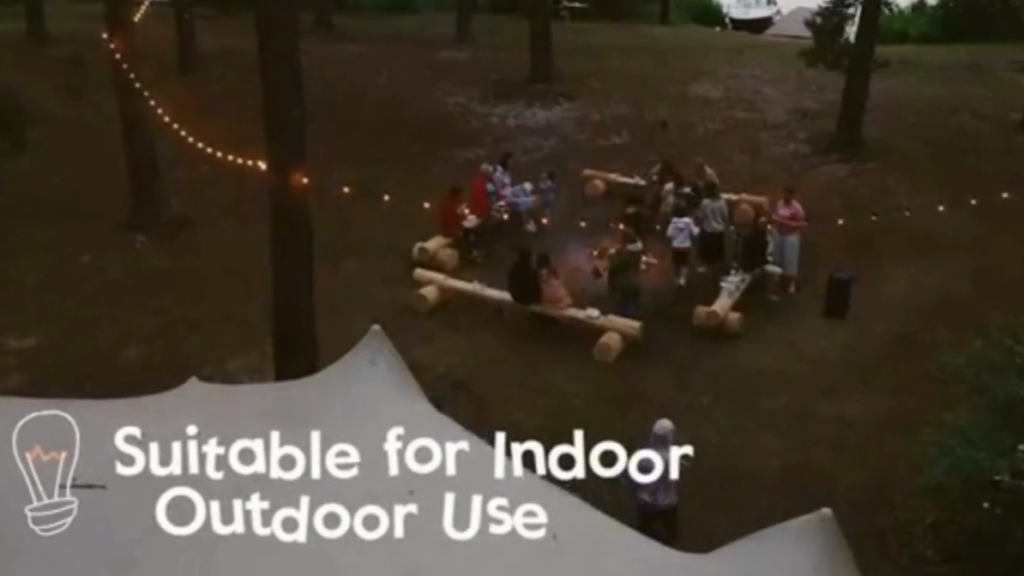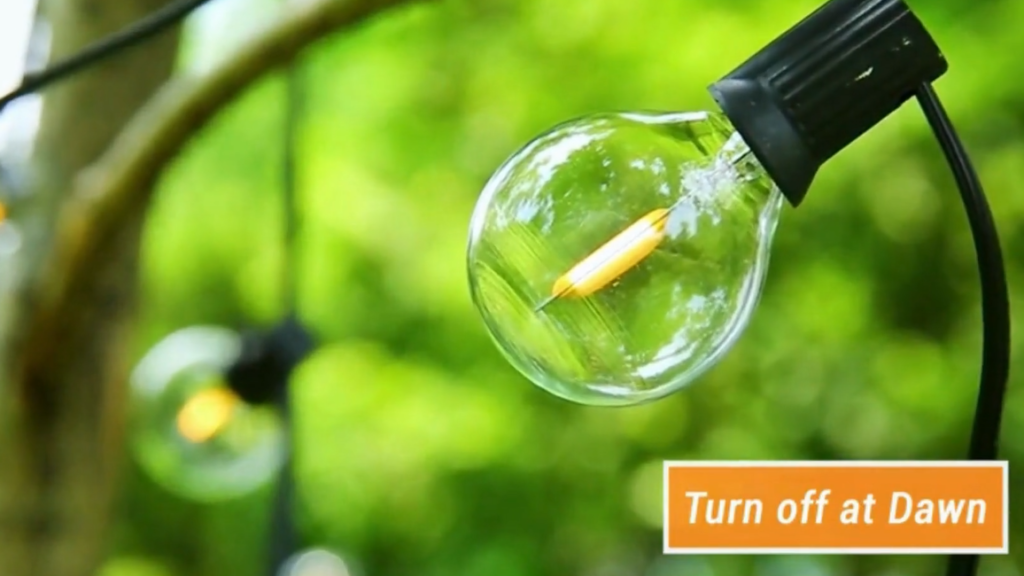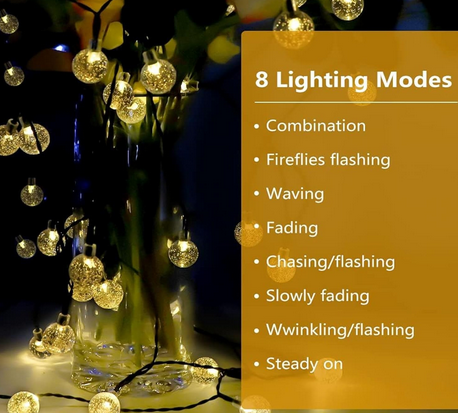
Solar Light Bulbs
Solar light bulbs have emerged as innovative solutions to lighting needs, especially in areas where electricity access is limited or unreliable. These bulbs harness solar energy to provide illumination, offering numerous benefits over traditional electric-powered lighting systems.
How Do Solar Light Bulbs Work?
These bulbs utilize photovoltaic cells to convert sunlight into electricity. These cells are typically embedded in the bulb’s casing or in a separate solar panel connected to the bulb. During the day, the photovoltaic cells absorb sunlight and convert it into electrical energy, which is stored in rechargeable batteries integrated into the bulb. As night falls, the stored energy powers the LED lights within the bulb, illuminating the surroundings.

Advantages of Solar Light Bulbs
These bulbs offer several advantages:
Energy Efficiency:
By harnessing renewable solar energy, these bulbs reduce reliance on traditional electricity sources, thereby lowering energy bills and carbon emissions.
Cost-Effectiveness:
Once installed, these bulbs operate without recurring electricity costs, making them a cost-effective lighting solution in the long run.
Environmentally Friendly:
These bulbs produce clean energy, contributing to environmental sustainability by reducing greenhouse gas emissions and minimizing dependence on fossil fuels.

Applications of Solar Light Bulbs
These bulbs find diverse applications:
Outdoor Lighting Solutions:
From garden pathways to backyard patios, solar light bulbs offer decorative and functional lighting for outdoor spaces without the need for wiring or electricity.
Emergency Lighting:
During power outages or emergencies, these bulbs serve as reliable sources of illumination, ensuring safety and security.
Remote Areas and Off-Grid Living:
In remote or off-grid locations where electricity access is limited, these bulbs provide essential lighting for homes, schools, and community spaces.

How to Choosing the Right Bulb
When selecting these bulbs, consider factors such as:
Lumens and Brightness:
Determine the desired brightness level based on the intended use and space requirements.
Battery Capacity and Runtime:
Opt for Solar light bulbs with adequate battery capacity to ensure extended runtime, especially during cloudy days or nights with limited sunlight exposure.
Durability and Weather Resistance:
Choose these bulbs made from durable materials with weather-resistant features to withstand outdoor conditions and ensure longevity.

Installing
Proper installation is crucial for optimal performance:
Placement Considerations:
Install these bulbs in locations with ample sunlight exposure throughout the day, avoiding shaded areas or obstacles that may obstruct sunlight.
Maintenance Tips:
Periodically clean the solar panels to remove dirt or debris that can impair sunlight absorption, and replace rechargeable batteries as needed to maintain efficiency.

Overcoming Challenges
Despite their benefits, these bulbs face some challenges:
Limited Sunlight Exposure:
In areas with frequent cloud cover or limited daylight hours, solar light bulbs may experience reduced performance and illumination levels.
Battery Life Concerns:
Over time, rechargeable batteries in solar light bulbs may degrade, affecting overall performance and runtime, necessitating replacement or maintenance.

Conclusion
These bulbs offer a sustainable and efficient lighting solution, harnessing the power of the sun to illuminate homes, gardens, and outdoor spaces. By embracing solar technology, individuals and communities can reduce energy costs, minimize environmental impact, and enhance lighting accessibility, paving the way towards a brighter and greener future.
You may also like our many blogs as
how to lose belly fat naturally
Unique FAQs
1. Are solar light bulbs suitable for indoor use?
These bulbs are primarily designed for outdoor use where sunlight exposure is abundant. However, some models may be suitable for indoor applications with sufficient sunlight access or artificial light sources.
2. How long do solar light bulbs last?
The lifespan of these bulbs depends on various factors, including the quality of materials, maintenance practices, and environmental conditions. On average, high-quality solar light bulbs can last anywhere from two to five years or more.
3. Can solar light bulbs work in cloudy or rainy conditions?
While these bulbs rely on sunlight for charging, they can still operate in cloudy or rainy conditions, albeit with reduced efficiency and illumination levels. However, prolonged overcast weather may impact battery charging and overall performance.
4. Are solar light bulbs easy to install?
Yes, these bulbs are generally easy to install and require minimal technical expertise. Most models come with mounting hardware or stakes for effortless placement in outdoor environments.
5. Do solar light bulbs require ongoing maintenance?
To ensure optimal performance, periodic maintenance is recommended for these bulbs. This includes cleaning the solar panels to remove dirt or debris, checking and replacing rechargeable batteries as needed, and inspecting for any damage or wear.
